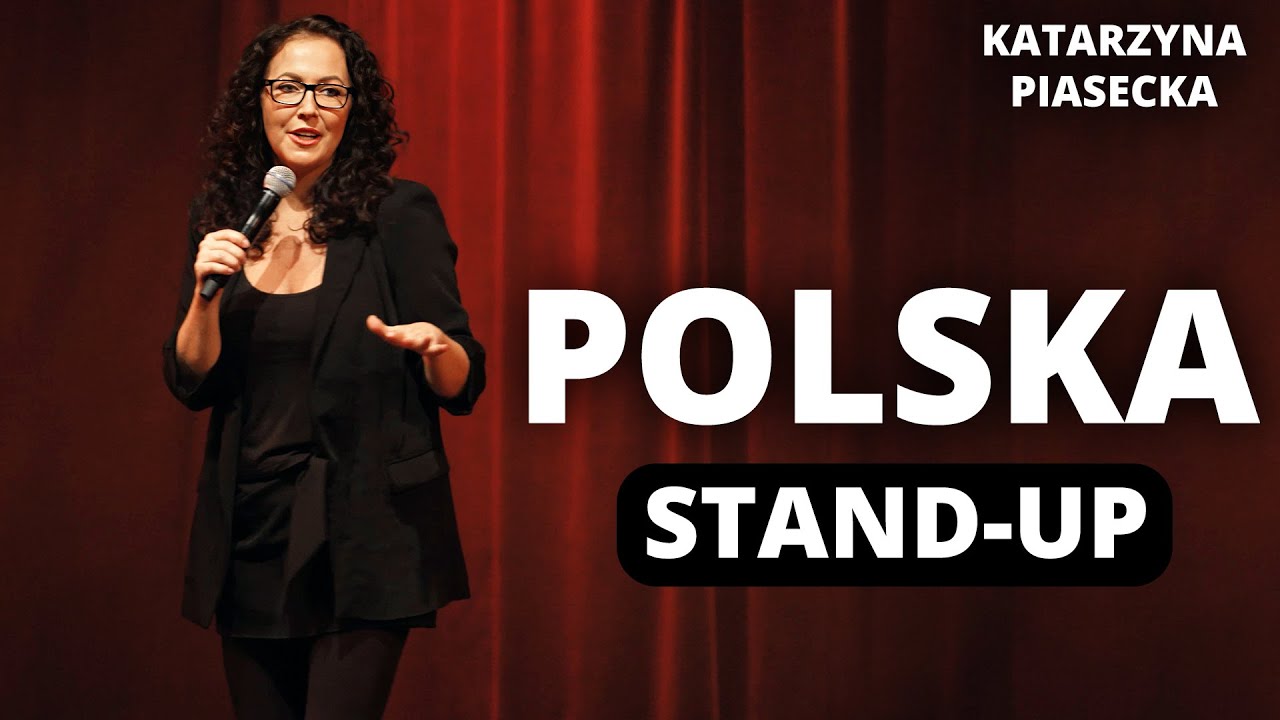Imagine you're learning a new language. Think about all the different sounds that make up words. Someone spent a lot of time thinking about these sounds and how they work. That person was Jan Baudouin de Courtenay.
Who Was Jan Baudouin de Courtenay?
Jan Baudouin de Courtenay (1845-1929) was a Polish linguist. He was also a Slavic studies scholar. He significantly impacted the study of language, especially phonetics and phonology.
Linguistics is the scientific study of language. It looks at how language is structured, how it's used, and how it changes over time. Phonetics is the study of speech sounds. It examines how these sounds are produced, transmitted, and perceived. Think of it as the physics of speech. Phonology, on the other hand, is the study of how sounds are organized and used in a particular language. It's about the patterns of sounds and how they create meaning.
His Life and Work
Baudouin de Courtenay wasn’t just a Polish linguist. He was born in Radzymin, near Warsaw. He studied at the University of Warsaw. Then he went on to further studies at other European universities. He held professorships at various universities. These included Kazan, Dorpat (now Tartu), Saint Petersburg, Kraków, and Warsaw.
He was deeply involved in Polish national and political movements. This often put him at odds with the authorities of the Russian Empire. He was even briefly imprisoned for his political activities. His dedication to science and his nation was truly remarkable.
Key Concepts: Phoneme and Alternations
Baudouin de Courtenay is best known for his work on phonemes. Understanding phonemes is key to grasping his contribution to linguistics. Let's break this down.
A phoneme is the smallest unit of sound that distinguishes one word from another in a particular language. It's not just any sound, but a sound that can change the meaning of a word. For example, in English, the words "pat" and "bat" have different meanings because of the different initial sounds. The sounds /p/ and /b/ are therefore different phonemes in English. A phoneme is an abstract concept. It is a representation of the sound in your mind, not necessarily the exact way you pronounce it each time.
Consider the word "cat." The /k/, /æ/, and /t/ sounds are phonemes. If you change any of these sounds to a different phoneme (like /b/ instead of /k/ to make "bat"), you change the meaning of the word. Now, think about different accents. Someone from New York might pronounce "cat" slightly differently than someone from Texas. However, they both understand it to be the word "cat" because the same phonemes are being used. This difference in pronunciation is called an allophone, but the phoneme remains the same.
Baudouin de Courtenay also studied something called 'alternations'. These are changes in sounds within a word depending on its grammatical form or its position in a sentence. Imagine the English word "electric" versus "electricity." The /k/ sound in "electric" changes to /s/ in "electricity." This is an example of an alternation.
Alternations are really common in languages. Think about how the plural of "knife" is "knives." The /f/ sound changes to /v/ when we make it plural. These changes aren't random. They follow certain rules within the language. Baudouin de Courtenay helped to understand these rules.
The Kazan School
Baudouin de Courtenay founded the Kazan School of linguistics. This school focused on understanding language through the lens of psychological processes. Think about how your mind organizes sounds and meanings. That's the kind of thing they were studying.
The Kazan School emphasized the dynamic and evolving nature of language. They believed that language wasn't a static, unchanging thing. Instead, they saw it as constantly adapting and being shaped by its speakers. This was a pretty radical idea at the time.
One of his most famous students was Mikołaj Kruszewski. Kruszewski was another important figure in the development of structural linguistics. The Kazan School had a huge impact on the development of modern linguistics.
His Impact on Linguistics
Jan Baudouin de Courtenay's work had a profound impact on the field of linguistics. He is considered one of the founders of modern phonology. His ideas paved the way for future generations of linguists to study language in a more systematic and scientific way.
His theories about phonemes and alternations are still fundamental concepts in linguistics today. Whenever you study phonetics or phonology, you are indirectly building on the foundation that Baudouin de Courtenay laid.
He also contributed to the study of language contact and dialectology. Language contact is what happens when different languages influence each other. Dialectology is the study of different dialects of a language. His insights into these areas are still relevant today.
The Connection to Wrocław
While Baudouin de Courtenay held professorships in various cities, including Warsaw, his name is connected to Wrocław due to his extensive work and legacy in Polish linguistics. His contributions influenced many Polish linguists who later worked and taught in Wrocław. While he didn't directly work in Wrocław for a prolonged period, his intellectual impact resonated through Polish academia and influenced linguistic studies in the city.
Think of it like this: a famous scientist might not have lived in a particular city, but their ideas might have been taught and developed in that city's universities. The same applies to Baudouin de Courtenay and Wrocław.
His influence is visible in the academic curricula and research carried out at the University of Wrocław. Linguists studying there continue to build on the foundations he established in the field of phonology and language study.
In Simple Terms
Basically, Jan Baudouin de Courtenay was a linguistic pioneer. He changed how we think about the sounds of language. He introduced the concept of the phoneme. He helped us understand how sounds change within words. While his connection to Wrocław might not be direct, his influence on Polish linguistics is undeniable, and that influence resonates through the academic community in Wrocław.
So, the next time you're struggling to pronounce a word in a foreign language, or you notice how your own accent changes certain sounds, remember Jan Baudouin de Courtenay. He helped us understand why those things happen.

